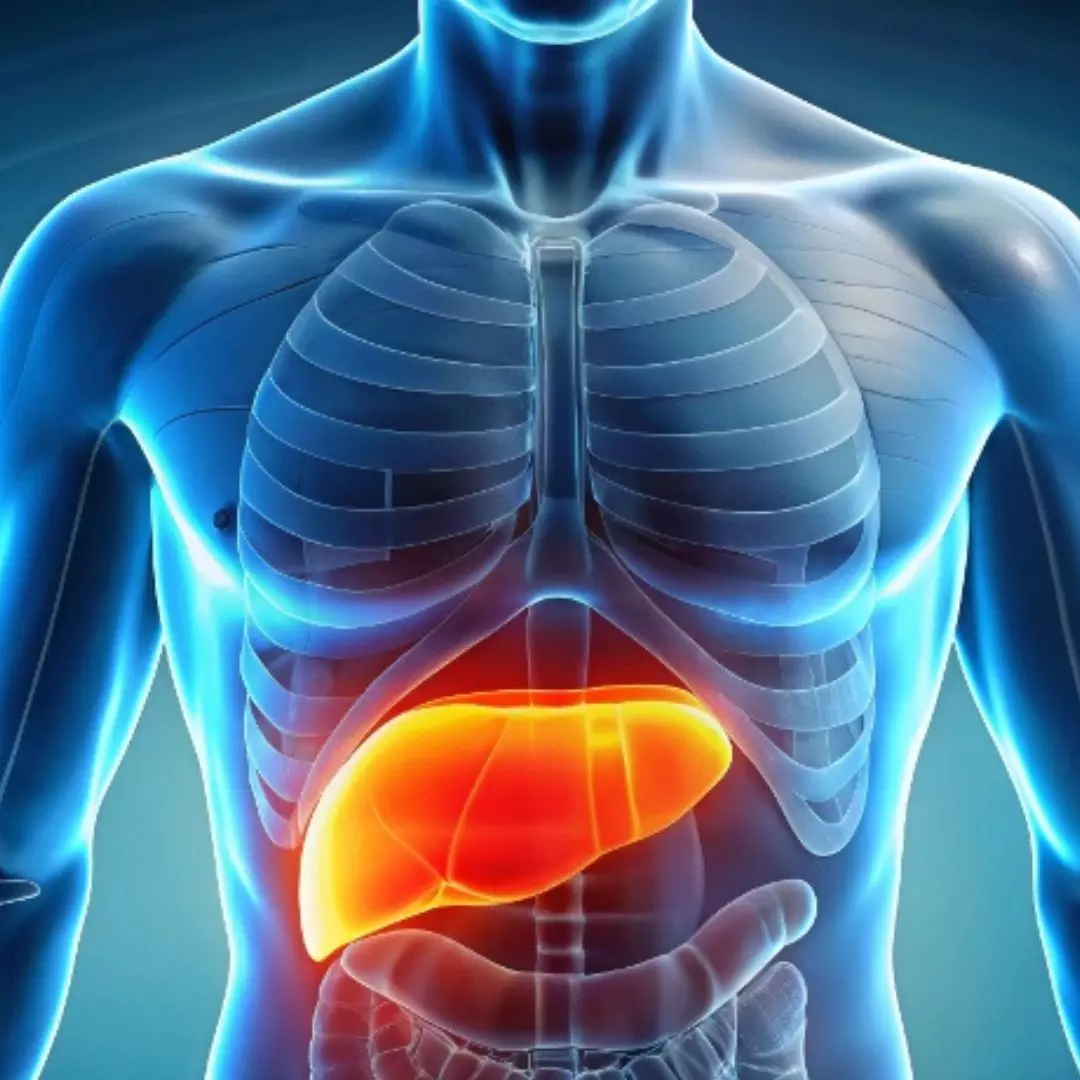Fatty liver disease, particularly non-alcoholic fatty liver disease (NAFLD), is increasingly prevalent among young people, often linked to obesity, poor dietary habits, and sedentary lifestyles. While there are no specific medications to treat this condition, adopting healthier lifestyle choices can significantly reverse its effects. Here are five practical tips to help young individuals combat fatty liver disease effectively.
Embrace a Mediterranean Diet
Focus on Whole Foods: The Mediterranean diet emphasizes whole, unprocessed foods. Incorporate plenty of fruits, vegetables, whole grains, legumes, nuts, and healthy fats like olive oil. This diet not only supports liver health but also reduces the risk of heart disease and diabetes, conditions often associated with fatty liver.
Limit Processed Foods: Avoid foods high in saturated fats, refined sugars, and trans fats. These can exacerbate liver inflammation and fat accumulation. Instead, opt for lean proteins such as fish and poultry.
Stay Hydrated and Limit Alcohol
Increase Water Intake: Staying hydrated is crucial for liver function. Aim for at least eight glasses of water a day to help your liver flush out toxins effectively.
Moderate Alcohol Consumption: If you drink alcohol, excessive alcohol can worsen liver damage and should be limited or avoided entirely for those with fatty liver disease.
Regular Physical Activity
Exercise Routine: Aim for at least 150-300 minutes of moderate aerobic exercise each week. Activities such as brisk walking, cycling, or swimming can help reduce liver fat and improve overall health.
Incorporate Strength Training: Adding resistance exercises at least twice a week can further enhance weight loss efforts and improve metabolic health.
Manage Weight Wisely
Gradual Weight Loss: Losing even a small percentage of body weight (about 5-10%) can significantly reduce liver fat. Focus on sustainable changes rather than drastic diets that may lead to rapid weight loss.
Consult Professionals: Working with a healthcare provider or a registered dietitian can help tailor a weight loss plan that fits individual needs while ensuring nutritional adequacy.
Monitor Blood Sugar Levels
Control Blood Sugar: High blood sugar levels can contribute to fatty liver disease. Regularly monitor blood glucose levels and adopt a diet rich in low glycemic index foods to stabilize blood sugar levels.
Manage Coexisting Conditions: If you have diabetes or prediabetes, managing these conditions through diet and medication is crucial for improving liver health.
Conclusion
Implementing these practical tips can greatly aid in reversing fatty liver disease among young individuals. A commitment to healthier eating habits, regular physical activity, and proper medical guidance is essential for maintaining optimal liver health and overall well-being.











